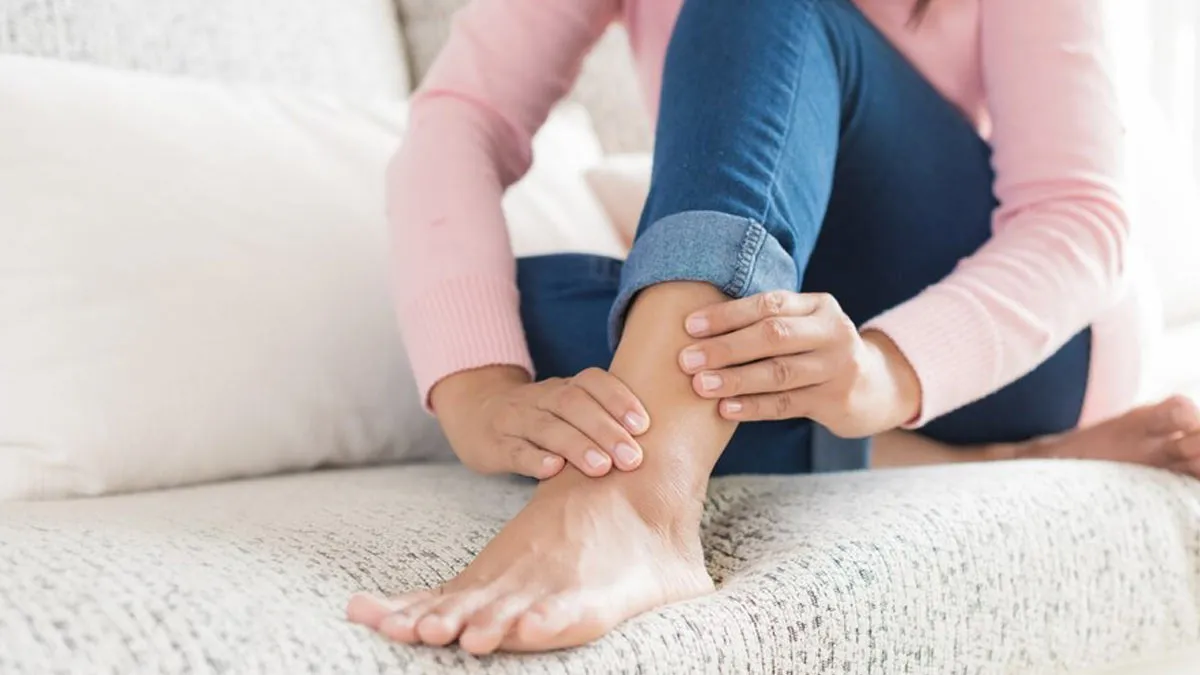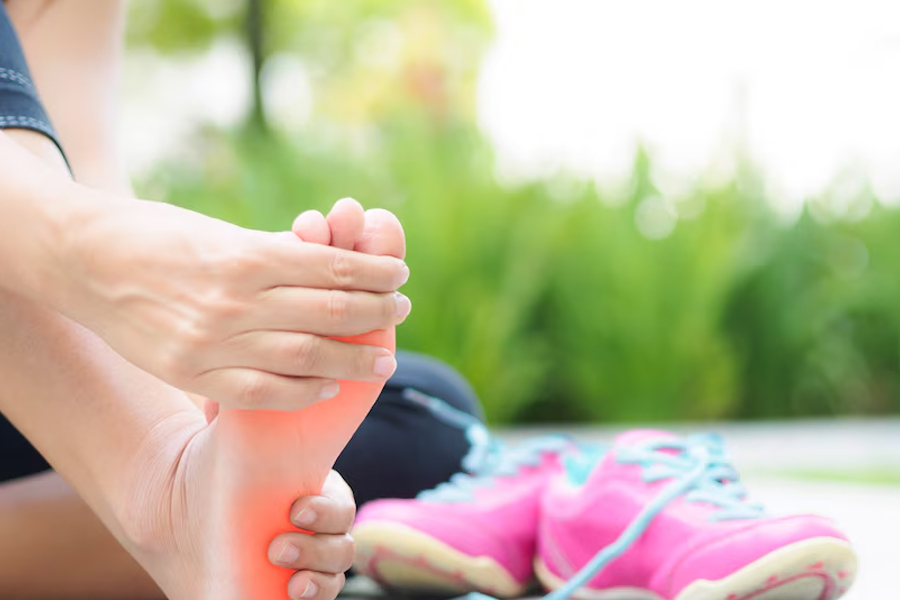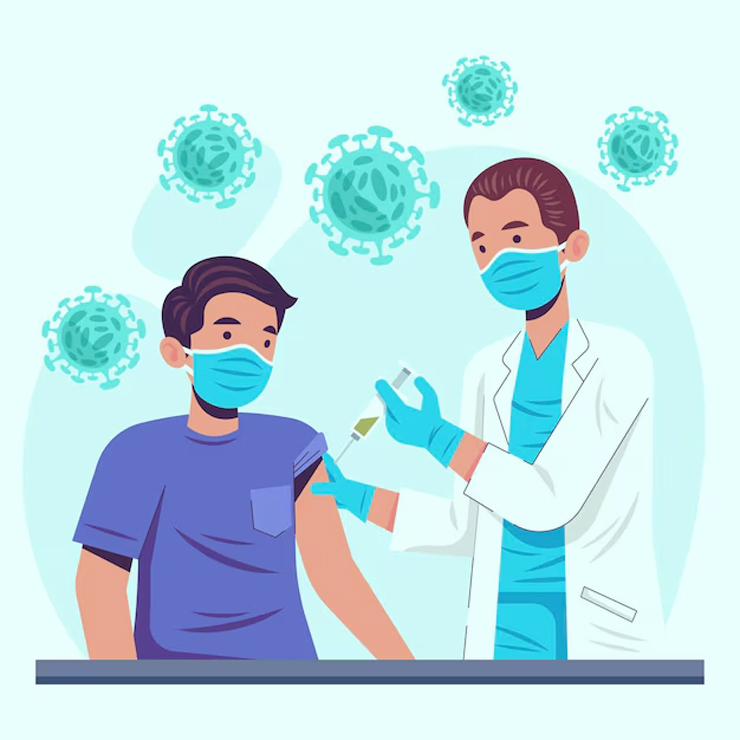
Pune is currently facing a concerning outbreak of Guillain-Barré Syndrome (GBS), prompting health officials to take immediate action. In response to the surge in GBS cases, the Health Ministry has sent a high-level, multi-disciplinary team to assist local health authorities with public health interventions and management.
With the number of suspected and confirmed GBS cases rising, we reached out to Dr Aditya Gupta, Director of Neurosurgery & Cyberknife at Artemis Hospital in Gurugram, to shed light on this rare condition, its symptoms, and preventive measures.
Guillain-Barre Syndrome (GBS) is a rare condition where the immune system mistakenly attacks the body’s nerves, often triggered by a bacterial or viral infection, or sometimes a vaccine. According to Dr Gupta, GBS occurs when the body’s immune defence system turns against its peripheral nerves.
The condition leads to symptoms such as weakness, tingling sensations, and paralysis in the limbs, with patients often feeling a lack of mobility. It usually begins after an infection, like the flu or a stomach disorder, and progressively worsens, affecting the patient's ability to move.

Dr Aditya told us, “GBS is often linked to previous viral infections, the exact cause remains unclear.” Although some vaccinations have been associated with an increased risk of developing GBS, experts emphasise that the benefits of these vaccines in preventing serious infections far outweigh the potential risk of GBS.
GBS presents with a range of symptoms, including weakness or tingling that typically starts in the legs and spreads to the arms and face. Individuals may also experience difficulty walking, muscle pain, imbalance, and in severe cases, paralysis. The onset of these symptoms is usually sudden, worsening rapidly over hours or days.
According to the National Library of Medicine, additional symptoms may include:
People with GBS usually experience their most severe weakness within two weeks of symptom onset.
Don't Miss: Not Sure Which Cooking Oil Controls Cholesterol? Dietician Shares 6 Healthy Options
While GBS cannot be completely prevented, the risk of infections that trigger it can be reduced. Practising good hygiene, such as frequent hand washing, and taking precautions to avoid contaminated food or water can help minimise the risk of infections like ‘Campylobacter.’ Staying up-to-date on vaccinations and seeking prompt medical attention if you develop the flu or experience stomach-related illnesses can further reduce the likelihood of developing GBS.

If you experience symptoms of GBS, such as weakness, tingling, or difficulty walking, it’s crucial to seek medical attention immediately. Early treatment improves outcomes. A doctor will typically diagnose GBS through tests like nerve studies or a spinal tap to determine the cause of the symptoms.
Don't Miss: How Much Is Tea Much? 5 Reasons Excessive Milk Tea is Bad For You And What to Do, As Per Dietitian
Treatment options include immunoglobulin therapy or plasma exchange, which help prevent the immune system from damaging the nerves. In more severe cases, breathing support or physical therapy may be required to aid recovery.
Keep reading Herzindagi for more such stories.
Credits: Freepik
Also watch this video
Herzindagi video
Our aim is to provide accurate, safe and expert verified information through our articles and social media handles. The remedies, advice and tips mentioned here are for general information only. Please consult your expert before trying any kind of health, beauty, life hacks or astrology related tips. For any feedback or complaint, contact us at [email protected].